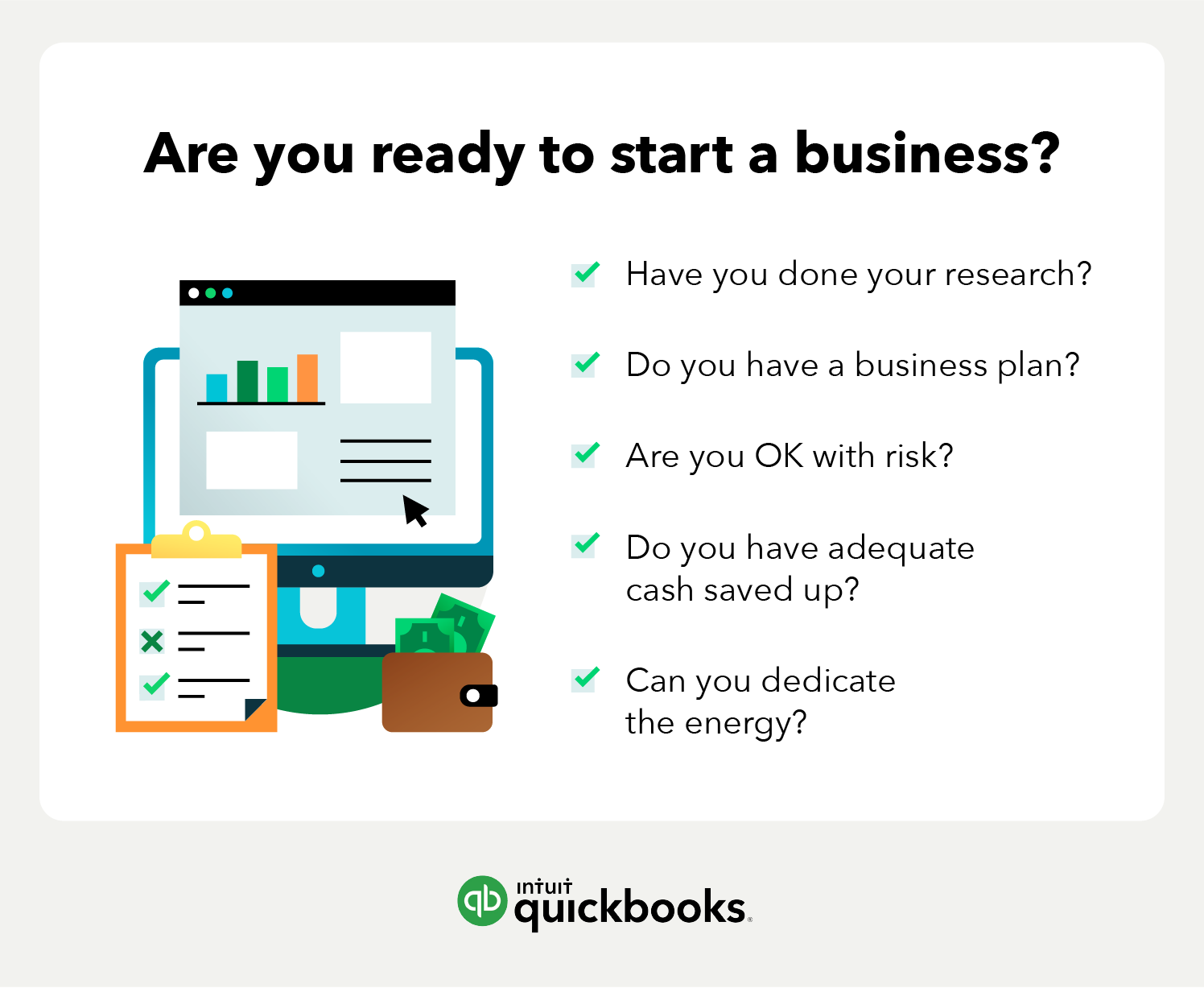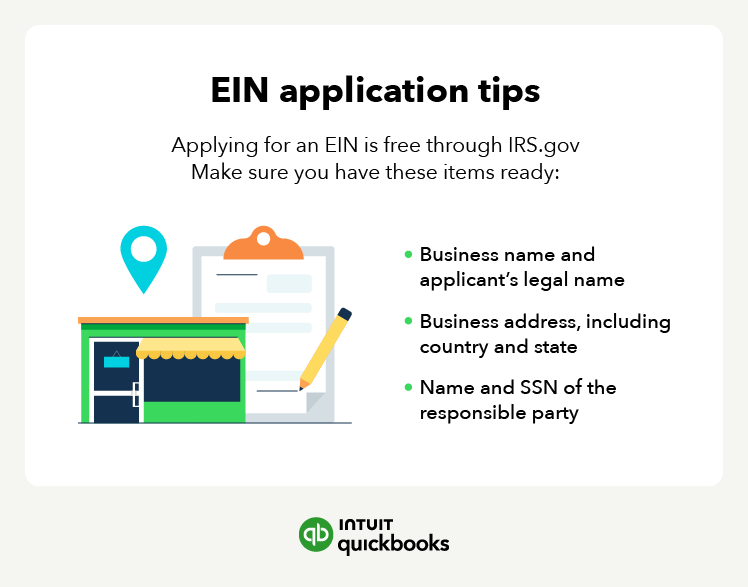If you're wondering how to start a business in Nevada, you're in the right place. The Silver State offers several advantages for entrepreneurs, from its business-friendly tax environment to its diverse industries like tourism, technology, and healthcare. In this guide, we’ll walk you through everything you need to know to get started, from choosing the right business structure to finding the perfect location.

How to start a business in Nevada in 14 steps (2025 guide)
Why start a business in Nevada in 2025?
When you think of Nevada, you probably first think about the tourism mecca of Las Vegas. But there’s so much more to the state than that. Towering mountain ranges, like the Sierra Nevada and Ruby Mountains, offer breathtaking vistas and opportunities for outdoor adventures. The state's diverse terrain supports a rich ecosystem perfect for anyone of any age, and its tax structure and lenient regulations make Nevada an excellent place to start a small business. There are no corporate or personal income taxes, and the economy offers many opportunities and industries—from tech and logistics to tourism and healthcare.
Here are the topics we’ll cover in this step-by-step guide:
- 14 steps to starting a business in Nevada
- Step 1: Decide what type of industry is best for your business
- Step 2: Conduct industry research
- Step 3: Create a business plan
- Step 4: Choose your business entity: Types of business entities in Nevada
- Step 5: Secure funds: Nevada small business funding, loans, and grants
- Step 6: Choose your Nevada business name and Nevada DBA
- Step 7: Pick a business location in Nevada
- Step 8: Find a Nevada registered agent
- Step 9: Get a Nevada EIN and file your tax and employer identification documents
- Step 10: Register as a small business in Nevada
- Step 11: Register for your business license and permits in Nevada
- Step 12: Secure insurance for your Nevada small business
- Step 13: Prepare to pay taxes on your business in Nevada
- Step 14: Set up your business bank account
- Additional resources to get your business started
- Frequently asked questions
14 steps to starting a business in Nevada
Starting a business in Nevada takes a lot of effort and planning, but breaking the process into steps can make it more manageable. Whether you’re dreaming of opening a tech startup in Reno or a souvenir shop in Las Vegas, these steps can equip you with the knowledge to get started. Along the way, you can also explore helpful small business resources to simplify your journey and make your venture a success.
Step 1. Decide what type of industry is best for your business
Examine your skills and expertise and then narrow down the services or products you can offer. What niche can you fill in your community that consumers or clients need? Maybe it’s using your mental health background to use as a professional licensed therapist in a rural area like Ely or Minden.
Looking for some inspiration? Explore various small business ideas to get started.
Step 2. Conduct industry research
Do a bit more research once you’ve identified an industry and your niche. Conduct a competitive analysis by looking at similar local businesses to understand their products and services. Check with your chamber of commerce to identify competitors in your area and understand the local demographics to determine demand.
Step 3. Create a business plan
Where do you refine your business concept, determine how you’ll secure cash to start this business, and distill down your marketing strategies? In a business plan. This should be your business’s “north star” throughout the process.
Include this information in your business plan:
- Executive summary: Summarize your business and its primary goals.
- Company description: Outline your company’s mission, background, and key objectives.
- Market research and potential: Examine your target audience and industry trends to highlight potential opportunities.
- Competitive analysis: Evaluate your competition and emphasize what sets your business apart.
- Products and services: Explain your offerings and how they deliver value to customers.
- Marketing and sales: Describe your plan to attract and retain customers.
- Business financials: Present your financial projections, including anticipated income and cash flow.
- Management and leadership: Introduce your team and highlight their skills and experience.
- Funding request: Specify the funding you need and how it will support your business growth.
- Appendix: Include supplementary materials, such as market research findings or financial documents.
Take time to flesh out your business plan. This step can help clarify your vision, secure financing, attract partners, and stay focused as you deal with the challenges of starting a business. Use a free business plan template to get started, and contact the Nevada Small Business Development Center for additional assistance.

Step 4. Choose your business entity: Types of business entities in Nevada
Starting a Nevada small business means you’ll have to determine your business entity structure. Which you choose will determine your liabilities and tax implications. Entity types include:
Sole proprietorship
A business owned and operated by one person, with no legal distinction between the owner and the business.
General partnership
A business owned by two or more people who share profits, losses, and management responsibilities.
Corporation
A legal entity separate from its owners, with shareholders who have limited liability for the company's debts and obligations.
Limited liability company (LLC)
A hybrid business structure combining the limited liability of a corporation with the tax flexibility of a partnership. Learn more about LLCs.
Step 5. Secure funds: Nevada small business funding, loans, and grants
Determine how you’ll get funding for your small business. The costs of starting a business can vary depending on the type of business and industry, from purchasing equipment and inventory to covering licensing fees and operating expenses. These costs can easily reach five figures, so a plan for securing capital is a must.
Here are a few ways you may help fund your venture:
You should also look into Nevada-specific small business funding and resources, including:
Nevada Microenterprise Initiative
The Nevada Microenterprise Initiative provides funding to small businesses ineligible for traditional loans.
Nevada State Development Corporation
The Nevada State Development Corporation can help you navigate the SBA 504 loan process.
The Office of Science, Innovation and Technology
Those in a related field may be able to access a variety of STEM grants available through the Nevada Governor’s Office of Science, Innovation, and Technology.
Step 6. Choose your business name and Nevada DBA
Brainstorm potential names for your business. What name best describes your business? Will it stick with people so they recognize it? Does it set your business apart from local competition? Once you’ve chosen your name, you’ll want to ensure availability by performing a business name search.
If you plan to operate your business under a name separate from your legal business name, you can file a DBA (Doing Business As). Also called a fictitious name, a DBA enables you to better identify your products and services, apart from your legal name.
Reserve your business name
Decide on a name that’s available and reserve that name through the Nevada Secretary of State’s office.
Filing a fictitious business name or DBA (Doing Business As)
Register your fictitious name or DBA with your local county clerk. If you operate in various counties, you’ll need to register your DBA in each. In Nevada, you can have the same DBA as another business, but you’ll want to try to avoid that as it could confuse clients or customers. However, you do need to use an identifier for your business entity—i.e., John Doe Souvenirs, LLC.
Step 7. Pick a business location in Nevada
Location matters when it comes to starting your business. You wouldn’t set up a souvenir business in the middle of the desert. But if you want to open a business in Las Vegas, for instance, you’ll need to determine where your customers are, what type of operating costs you’ll incur, and be aware of any local taxes or permits that may impact your business. If your business lends itself to it, running your company from home could help you save on expenses like rent, utilities, and commuting.
But if you plan to open your Nevada business in the state’s larger cities, here are a few considerations:
Las Vegas
The high volume of visitors to Las Vegas creates a large potential customer base around the clock, but you’ll have high operating costs, as real estate, labor, and utilities are expensive. Businesses involved in gaming are subject to strict gaming laws and must pay gaming taxes. Also, reliance on tourism can make the Vegas economy susceptible to downturns in this already highly saturated market.
Reno
Reno has emerged as a tech hub with a growing number of startups and established tech companies. The area's natural beauty attracts businesses related to outdoor activities, and the city's proximity to Lake Tahoe and its gaming industry contributes to the economy as well.
Henderson
This city has experienced significant population and economic growth in recent years. Henderson offers a good balance of urban amenities and suburban living. Its economy is somewhat tied to the overall performance of the Las Vegas market. Tech, healthcare, retail, and hospitality, as well as public sector jobs and logistics, all have room for growth here.
Step 8. Find a Nevada registered agent
A registered agent is a person or professional service that can accept legal notices and government documents on behalf of your business. Registered agents are legally required for businesses in the state of Nevada. These agents must have a physical address in the state and must be available to forward documents to you during business hours. You can be your business’s own registered agent if you so desire.
If you’re looking outside your business for a registered agent, you can find one by word of mouth, an internet search, or via the Nevada Secretary of State’s registered agent listing.
Step 9. Get a Nevada EIN and File Your Tax & Employer Identification Documents
An EIN (Employer Identification Number) is a nine-digit number the IRS uses to identify your business for tax purposes. Although Nevada doesn't require a state EIN, you'll need one to file payroll taxes and federal tax returns, open a business bank account, and apply for loans. You can apply for a free EIN through the IRS website.

Step 10. Register as a small business in Nevada
Most businesses operating in the state need to register their entity through the Nevada Secretary of State’s office. Depending on your entity, you’ll have to fill out specific forms and pay a corresponding registration fee, which varies.
Step 11. Register for your business license and permits in Nevada
Once you’ve registered your business, you’ll need to obtain any licenses or permits that allow you to legally operate in the state of Nevada. If you’re in a specific profession—contracting, hairdressing, or dog grooming, for example—you’ll need to obtain a professional license for your specific industry. If you’re opening a restaurant, you’ll need a food handler’s permit. If your establishment serves alcohol, you’ll have to obtain an ABC license. Check with your county and municipality to determine whether you need zoning permits, local police jurisdiction permits, or a local business license when starting a business.
Do you need a business license in Nevada?
Unlike many states, Nevada does require you to obtain a business license. Sole proprietors and general partnerships will pay $200 per year for a license. LLCs and corporations will pay $400. You can apply for and renew your business license each year online through the Secretary of State’s office.
Step 12. Secure insurance for your Nevada small business
When a tree falls through your business’s roof, a customer slips and falls, or an employee gets in a wreck, what do you do? Insurance will protect your Nevada business against unexpected risks, whether a lawsuit from a customer, property damage as a result of a storm, or employee injury while on the job. Work with your insurance agent to determine the amount of coverage right for your business.
Types of small business insurance in Nevada
Step 13. Prepare to pay taxes on your business in Nevada
Nevada is generally considered a tax-friendly state for businesses. It doesn’t have an individual income tax or a corporate income tax. However, it does require corporations to pay taxes based on gross receipts. Here’s what you need to know when preparing to pay taxes in the state.
Here are the frequent types of Nevada business taxes:
Commerce tax
You’ll pay this if your business makes more than $4 million. A commerce tax essentially takes the place of a corporate income tax and/or franchise tax.
Sales and use taxes
Anyone selling products needs to collect tax at the point of sale. The current sales tax in Nevada is 6.85%. Any business that consumes, uses, or stores personal property outside of Nevada will have to pay the use tax.
Unemployment insurance taxes
Any employer is required to pay into unemployment insurance to cover benefits for eligible employees who leave your company.
Nevada MBT
This modified business tax takes the place of a payroll tax and applies to Nevada employers who have taxable wages over $62,000 in any given quarter.
Tax credits & incentives for Nevada employers
Nevada offers a range of tax credits and incentives to encourage job creation and business formation. While the specific benefits may vary based on industry, location, and other factors, here are some common incentives:
- Nevada offers sales tax abatements on qualified capital equipment purchases for certain industries, such as aviation and data centers.
- A new market tax credit can help businesses and nonprofits access gap funding if they’re working in economically distressed areas.
Federal taxes
In addition to state and local taxes, all businesses must pay applicable federal taxes, including:
- Federal income tax
- Self-employment tax (for sole proprietors and partners)
- Employment taxes (if you have employees), including the Federal Unemployment Tax Act (FUTA tax)
- Excise taxes (for certain industries)
To ensure you understand your federal tax obligations, check out these IRS resources: Publication 334, Tax Guide for Small Business and Publication 583, Taxpayers Starting a Business and Keeping Records.
Step 14. Set up your business bank account
Whether you’re starting a tourism entity on the Las Vegas Strip or a small LLC for your Reno-based professional consulting business, you’ll need to keep your business finances apart from your personal accounts. Here’s how to set up you bank account:
- Find a credit union or bank that offers business banking services, such as personalized customer service, loan products, and free bill pay.
- Gather all your business documents—registration certificate, professional licenses, or federal EIN—you’ll need to open your small business bank account.
- Apply for a business credit card and charge business-related expenses to it in order to establish credit.
- Choose an accounting software that can help you keep track of all your finances and calculate taxes.
- Hire an accountant or bookkeeper who can help with financial projections and employee withholdings.
Additional resources to get your business started
There are several state and federal resources that can support your business with guidance, training, potential funding and more.
State resources
- Nevada Governor’s Office of Economic Development (GOED): The GOED offers resources and programs to support businesses, including workforce training, tax incentives, and grants for certain industries.
- Nevada Small Business Development Center (Nevada SBDC): The Nevada SBDC provides free business counseling, training, and resources to entrepreneurs and small businesses.
- Nevada State Development Corporation (NSDC): NSDC specializes in SBA 504 loans, which help businesses finance fixed assets like equipment and real estate at lower costs.
- Nevada Microenterprise Initiative (NMI): NMI offers financial assistance and training to small businesses that don’t qualify for traditional loans.
Federal resources
- Small Business Administration (SBA): The SBA supports small businesses through various loan programs, including the 7(a) loan, provides resources for government contracting, and offers counseling and training programs to help entrepreneurs start and grow their businesses.
- Grants.gov: This centralized platform simplifies the process of searching for and applying for federal grants across various sectors. It also provides grant writing tips and has a Grants Learning Center featuring the basics of grants, eligibility, and more.
- Small Business Innovation Research (SBIR) and Small Business Technology Transfer (STTR): SBIR and STTR programs provide research and development funding to innovative tech companies.
- SCORE: SCORE is a national nonprofit organization that partners with the U.S. Small Business Administration (SBA) to provide free mentoring and educational resources to entrepreneurs and small business owners. While not a direct federal agency, SCORE is an independent organization with a network of volunteer business mentors across the United States.
- U.S. Department of Agriculture (USDA): The USDA website lists grants, loans, and other programs and resources for farmers and other businesses serving rural America.
Frequently asked questions
Disclaimer:
This content is for information purposes only and information provided should not be considered legal, accounting or tax advice or a substitute for obtaining such advice specific to your business. Additional information and exceptions may apply. Applicable laws may vary by state or locality. No assurance is given that the information is comprehensive in its coverage or that it is suitable in dealing with a customer’s particular situation. Intuit Inc. does not have any responsibility for updating or revising any information presented herein. Accordingly, the information provided should not be relied upon as a substitute for independent research. Intuit Inc. cannot warrant that the material contained herein will continue to be accurate, nor that it is completely free of errors when published. Readers should verify statements before relying on them.











